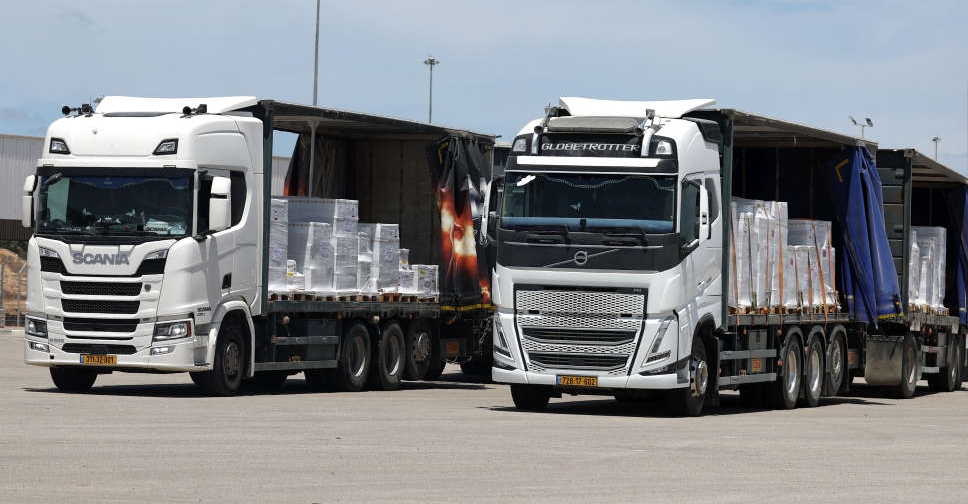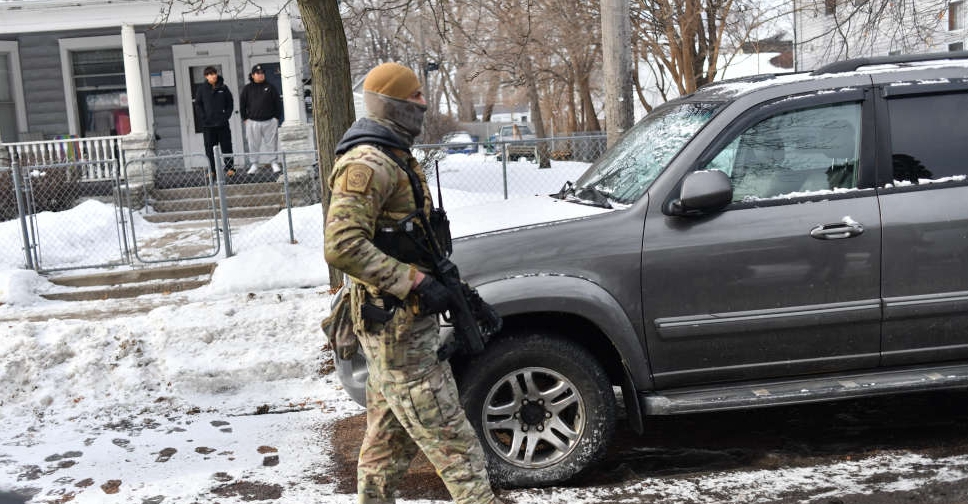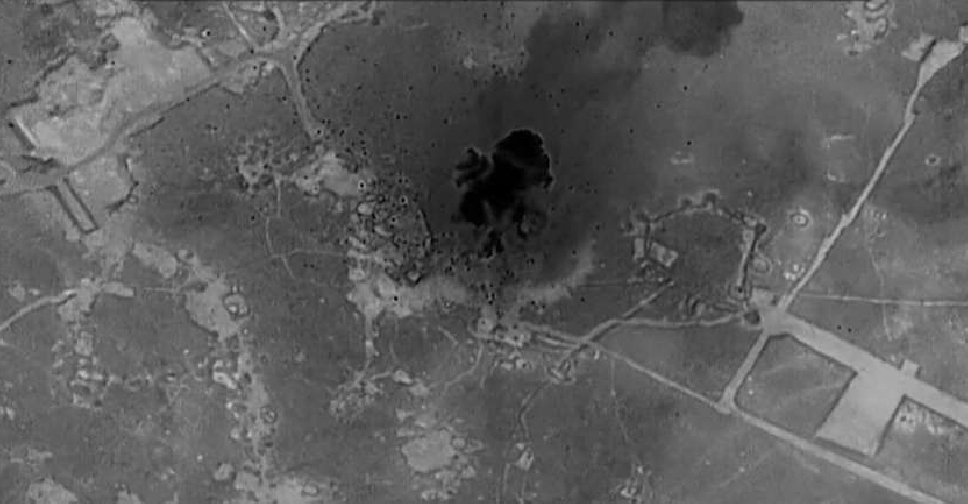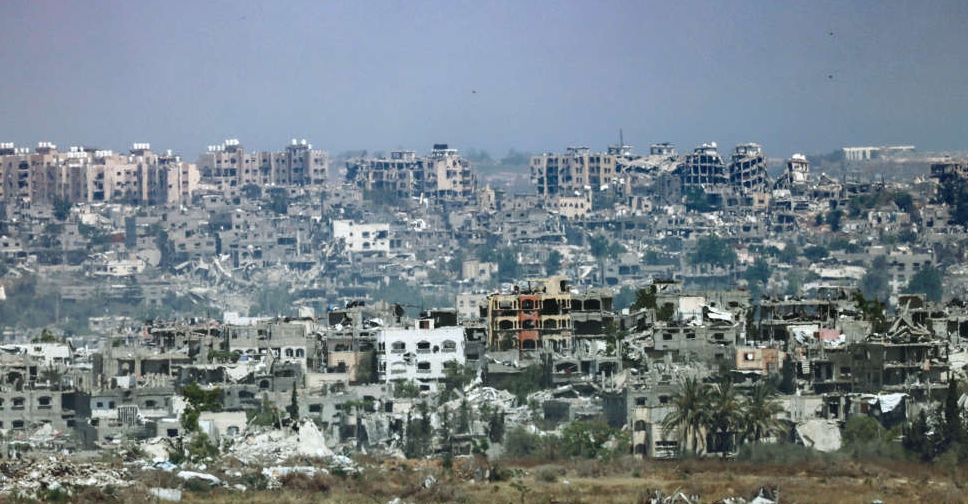
Israel allowed 100 aid trucks carrying flour, baby food and medical equipment into the Gaza Strip on Wednesday, the Israeli military said, as UN officials reported that distribution issues had meant that no aid had so far reached people in need.
Prime Minister Benjamin Netanyahu said Israel would be open to a temporary ceasefire to enable the return of hostages. But otherwise he said it would press ahead with a military campaign to gain total control of Gaza.
After an 11-week blockade on supplies entering Gaza, the Israeli military said a total of 98 aid trucks entered on Monday and Tuesday. But even those minimal supplies have not made it to Gaza's soup kitchens, bakeries, markets and hospitals, according to aid officials and local bakeries that were standing by to receive supplies of flour.
"None of this aid - that is a very limited number of trucks - has reached the Gaza population," said Antoine Renard, country director of the World Food Programme.
The blockade has left Gazans in an increasingly desperate struggle for survival, despite growing international and domestic pressure on Israel's government.
Thousands of tonnes of food and other vital supplies are waiting near crossing points into Gaza but until it can be safely distributed, around a quarter of the population remains at risk of famine, Renard said.
UN officials said security issues had prevented the aid from moving out of the logistics hub at the Kerem Shalom crossing point but late on Wednesday there appeared some hope that supplies would move more freely.
Israel imposed a blockade on all supplies entering Gaza in March, saying Hamas was seizing supplies meant for civilians - a charge the group denies.
As people waited for supplies to arrive, air strikes and tank fire killed at least 50 people across the Gaza Strip on Wednesday, Palestinian health authorities said. The Israeli military said air strikes hit 115 targets, which it said included rocket launchers, tunnels and unspecified military infrastructure.
Efforts to halt the fighting have faltered, with both Hamas, which insists on a final end to the war and withdrawal of Israeli forces, and Israel, which says Hamas must disarm and leave Gaza, sticking to positions the other side rejects.
Netanyahu said an Israeli air strike this month had probably killed Hamas leader Mohammed Sinwar and he reiterated his demand for the complete demilitarisation of Gaza and the exile of Hamas leaders for the war to end.
The resumption of the assault on Gaza since March, following a two-month ceasefire, has drawn condemnation from countries including Britain and Canada that have long been cautious about expressing open criticism of Israel. Even the United States, the country's most important ally, has shown signs of losing patience with Netanyahu.




 Homeland Security to send hundreds more officers to Minnesota
Homeland Security to send hundreds more officers to Minnesota
 India proposes forcing smartphone makers to give source code in security overhaul
India proposes forcing smartphone makers to give source code in security overhaul
 US military targets IS in Syria strikes
US military targets IS in Syria strikes
 Israeli fire kills three people in Gaza, tension rises
Israeli fire kills three people in Gaza, tension rises

